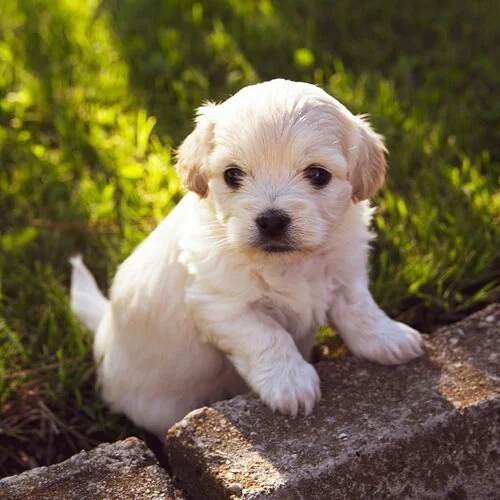7 Stages Of Puppy Growth Explained
Puppy Growth And Development Explained
If you’re raising a young puppy, you’re bound to notice your little pup go through some changes as they grow. These changes are mental as well as physical. Understanding the 7 stages of puppy growth can help you be better prepared to raise your puppy.
Stage 1 – Neonatal
This is when your puppy is aged from 0 to 2 weeks. This is when puppies can neither see nor hear. They even need help to potty from their mom. The mom is also responsible for feeding and keeping the puppy warm. During the first week, puppies tend to double their birth weight. All of their energy is going into growing.
Stage 2 – Transitional
The transitional stage is when your puppy is aged 2-3 weeks. This is when both eyes and ears open up. Most puppies at this stage begin to stand, and begin walking shortly thereafter. This is when you can begin introducing your puppy to your other pets.
Stage 3 – Canine Socialization Stage
During this stage, your puppy is around 3-7 weeks old. This is when your puppy begins to show personality, interacts more with other animals, and is able to form attachments. When puppies are removed from their mother at this stage, they could become noisy, rowdy, and possibly aggressive. Between weeks 4 and 6, a full set of puppy teeth should grow in.
Stage 4 – Human Socialization Stage
This takes place when your puppy is 7 to 12 weeks old. This is usually when puppies can be adopted out, leaving their mom and litter-mates. This is also when the “first fear” period happens. During this period, any traumatic experiences can later become a life-long problem. For example, if your puppy shows a fear of strangers during this period, it could become an issue all throughout their life.
Stage 5 – The Seniority Classification Stage
During this stage, your puppy will be 12 to 16 weeks old. This is when your puppy is trying to figure out who is the boss. It is crucial to discourage the inappropriate biting and nipping of hands, clothing, and leashes. If puppies are still with their litter-mates at this stage, they will compete to establish a pecking order.
Stage 6 – Flight Instinct Period
Stage 6 takes place at 4 to 8 months. During this period, your puppy may be prone to not listening, and may even run away rather than come to you when called. The best thing to do is to wait this period out and be sure to keep them on a leash until this phase passes.
Stage 7 – Adolescent Stage
This is when your puppy is 6 to 18 months old. This is essentially the “teenager” stage for dogs. Your puppy may have strange new fears and “flake out.” This is sometimes called the “second fear impact stage” by animal behaviorists. Be patient with your puppy, and if they balk at something, ignore it to teach them that they need not fear. Petting and reassuring your puppy can actually reinforce their fears, so avoid this behavior.
Learn More About Puppy Behavior

